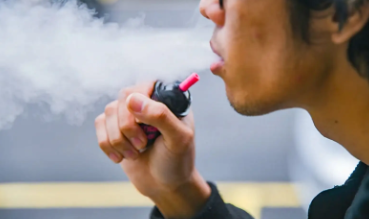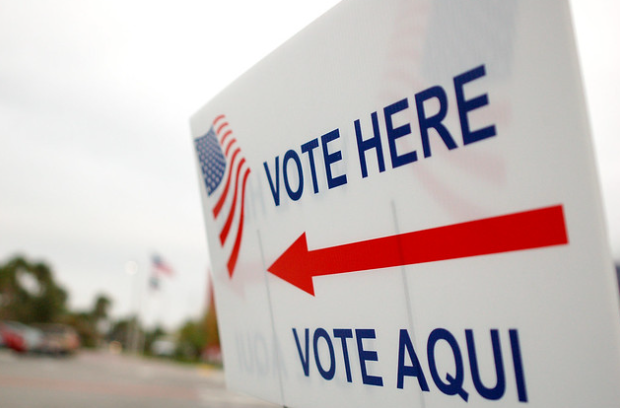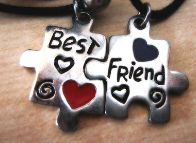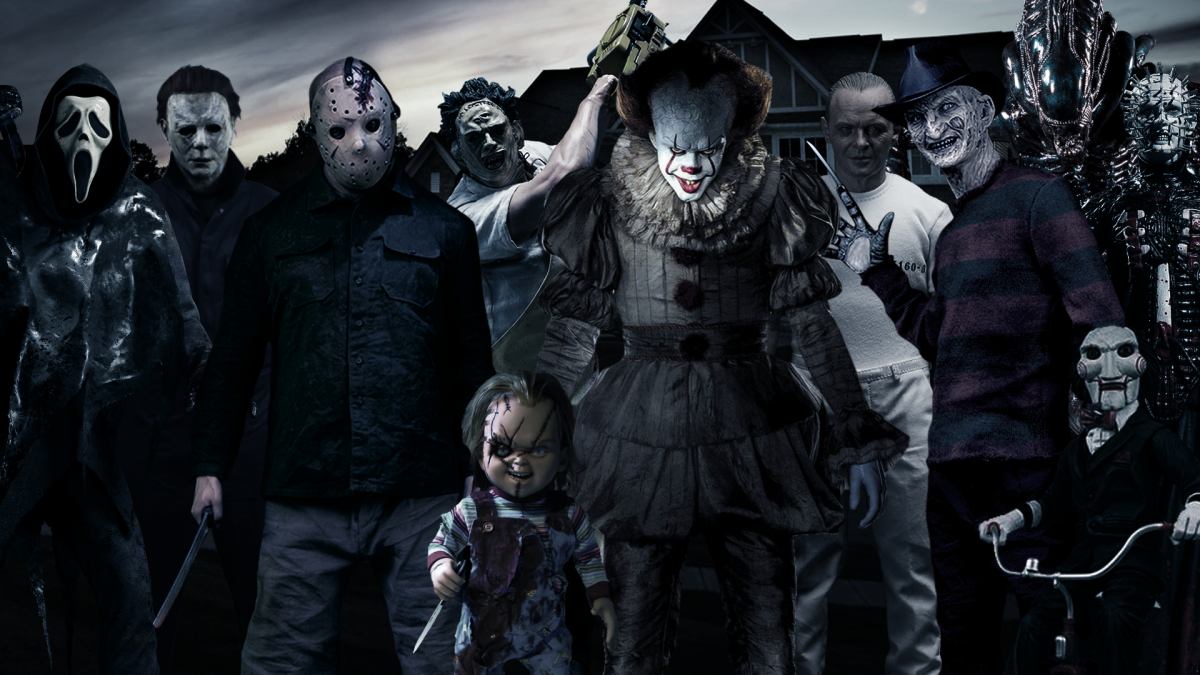The Media’s Impact on Teenagers
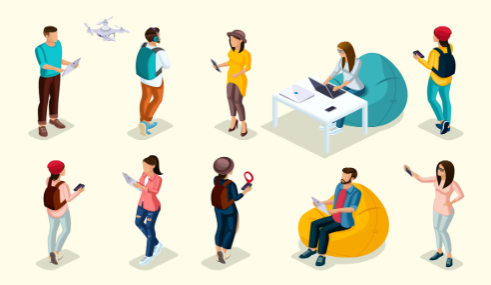
Image via Thrive
November 17, 2022
As fun as the media can be, it can also be negative and affect the way people act, view themselves, and socialize. Many apps tend to bring a smile to people’s faces with a funny meme or video, but not every app is like that. Social media is known for the different features it has, but also for the amount of cyberbullying and the way we compare people to one another or ourselves, influencing our mental health.
Many people believe social media doesn’t have an impact on the way teenagers act, but MayoClinic states how social media relates to disrupted sleep, distractions, rumor spreading, and peer pressure. The amount of screen time a teenager gets can distract them from having a healthy amount of sleep, leading to behavioral issues such as becoming more aggressive, moody, or going into a depressive state. Distraction is a huge effect social media may have when it comes to school or a person’s social life. It causes people to isolate themselves, and their grades may drop. On social media, there are rumors and drama, where people spread lies about each other and some even enjoy going along with these made-up lies. Peer pressure can go both ways, whether it is brought onto you or you bring it on to other people. Peer pressure can lead to drug use or pressure to do something embarrassing in front of a large group of people.
Teenagers tend to struggle with low self-esteem and their body image when they see people in the media that look “perfect.” ChildMind shared how Facebook discovered that “Thirty-two percent of teen girls said that they felt bad about their bodies, Instagram made them feel worse.” They even discovered how Instagram can affect the way young women view and describe themselves. Even some teenagers blame Instagram for increasing their anxiety and depression. They also shared a study that shows viewing selfies frequently can decrease self-esteem and life satisfaction. Another study shared that girls who spend more time viewing selfies have higher weight dissatisfaction and self-objectification. Young teenagers shouldn’t view themselves in this way of the things they see in the media. It’s wrong, especially when they are just kids.
The way teenagers socialize can also be affected in many ways. NewPortAcademy shared that kids who spend seven hours per day on a screen are more likely to get diagnosed with depression than kids who do not spend that much time on their phones and spend time on school activities or sports. They also lack physical activity due to periods of time they’ve sat on their phones, leading them to not want to socialize or make new friends. They even said that the more time teens spend on their devices, the more cyberbullying increases. A 2020 report was also shared from NewPortAcademy saying that hate speech among kids and teens online and on popular chats went up by 70%. The more a teen spends on negative social media sites, the more it will affect their socialization.
The media can be a bright and positive place when it wants to be, but can also become the complete opposite. A person’s mental health, self-esteem, and social life can all be affected by the apps we love most in the media. It is important to take care of ourselves, especially when it comes to social media. Cyberbullying is a huge problem, so report it if seen or if you are being cyberbullied. Lives are being lost due to disgusting comments online because of the media.




